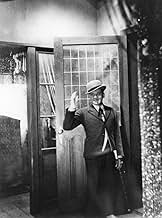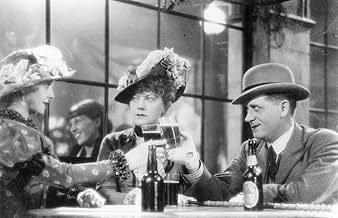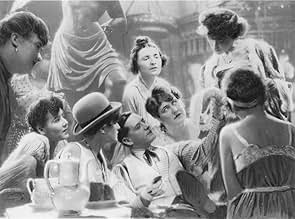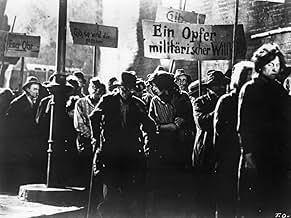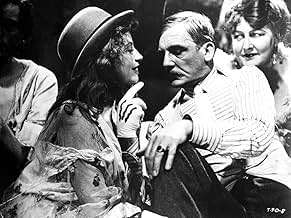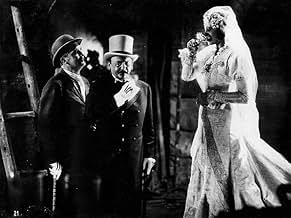Feels a bit odd being the 1st post as I would have thought Artheads would have been here years ago describing this one's social significance, contextualising it, contemporary relevances, and dissecting comparisons with the simultaneous German version. As I only happen to like "old" movies I can only offer some humble humdrum opinions on a few points instead.
I've seen Die 3groschenoper a number of times now, but this was my 1st visit to the French version, my first impressions being favourable as it is an exact scene-for-scene re-run after all - for the story refer to everyone's comments for 3G. The French runs 7 minutes faster - is that just down to the language differences? I wonder how many of the background extras acted in both (and did they get paid for 2 movies!), but the speaking parts of course were handed to French actors and actresses - the whole reason why this talkie was made. I can almost get by in French - but German is a real tongue-twister for me, so to me a lot of the earthy harshness and Weimar cynicism is lost here for a typically French airy artiness, even down to the song lyrics. Without that overpowering cynicism it becomes for me simply a very good film, not a great one like the simultaneous original. Otoh it's easier to follow, meaning it enlightened me on some aspects of the German release I'd struggled over. Here, in the English translation of the French the people in the shadows ultimately "melt away" - I prefer the "lost to sight" translation of the German. Etherial compared to material.
If you enjoyed 3G then you're sure to enjoy this. Overall, for an Englishman a very enjoyable (French) curio, but for instance if I ever feel that I need a shot of Cynical Sleazy Singing I'll be heading back to Ernst Busch, Carole Neher, Lotte Lenya and Co.

